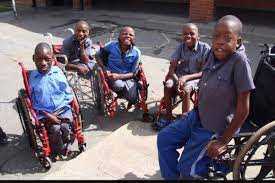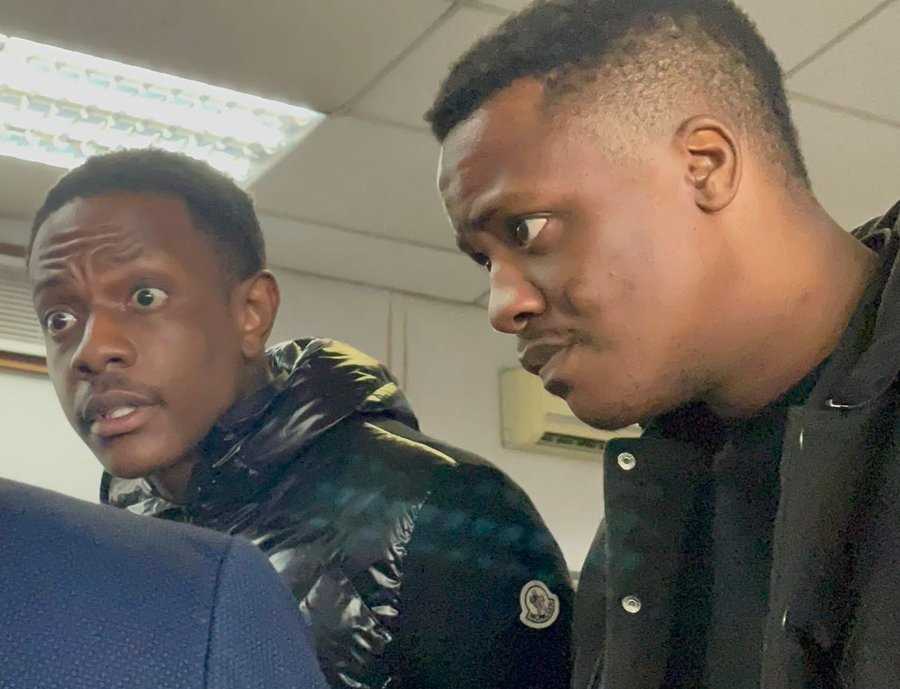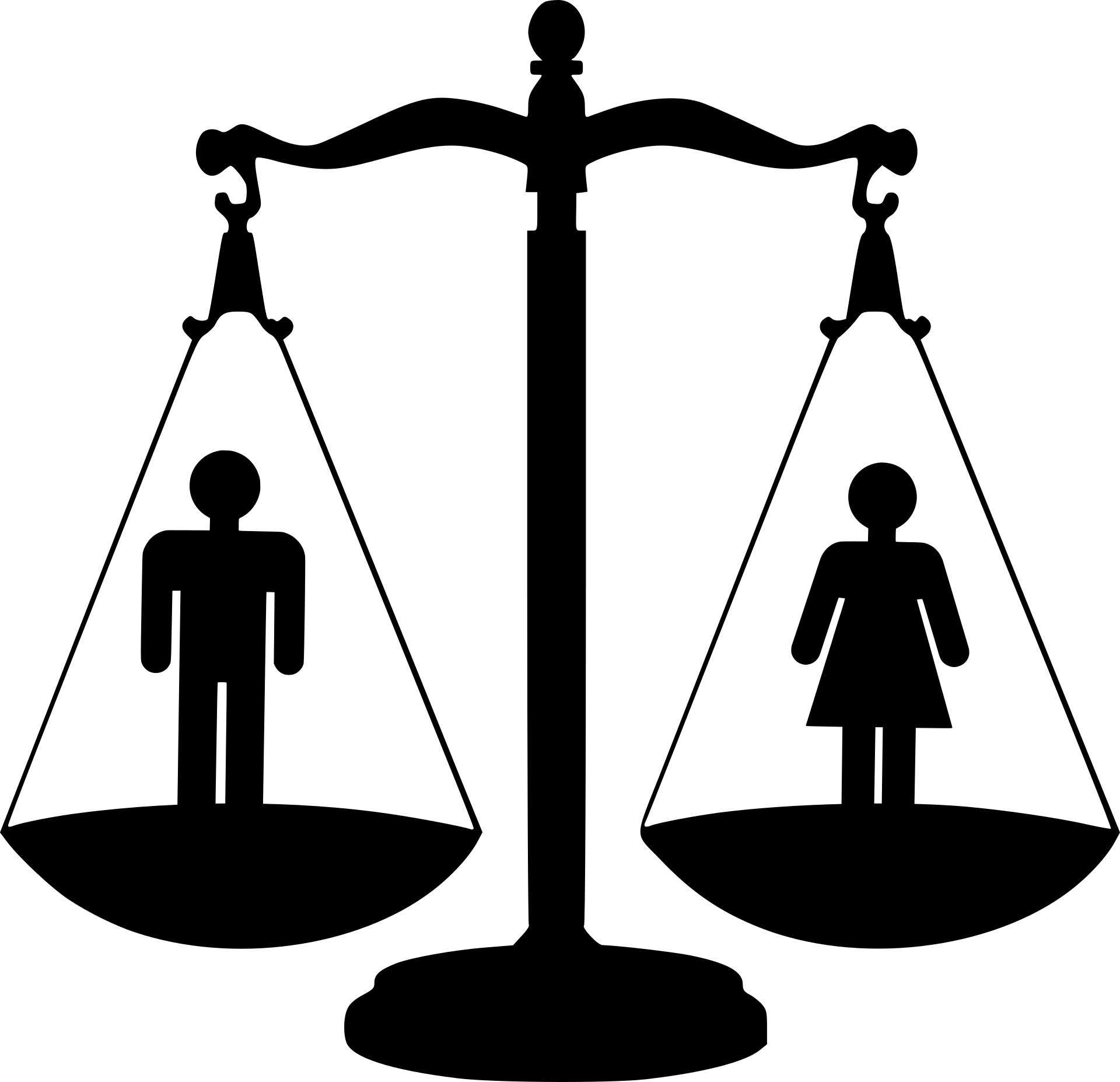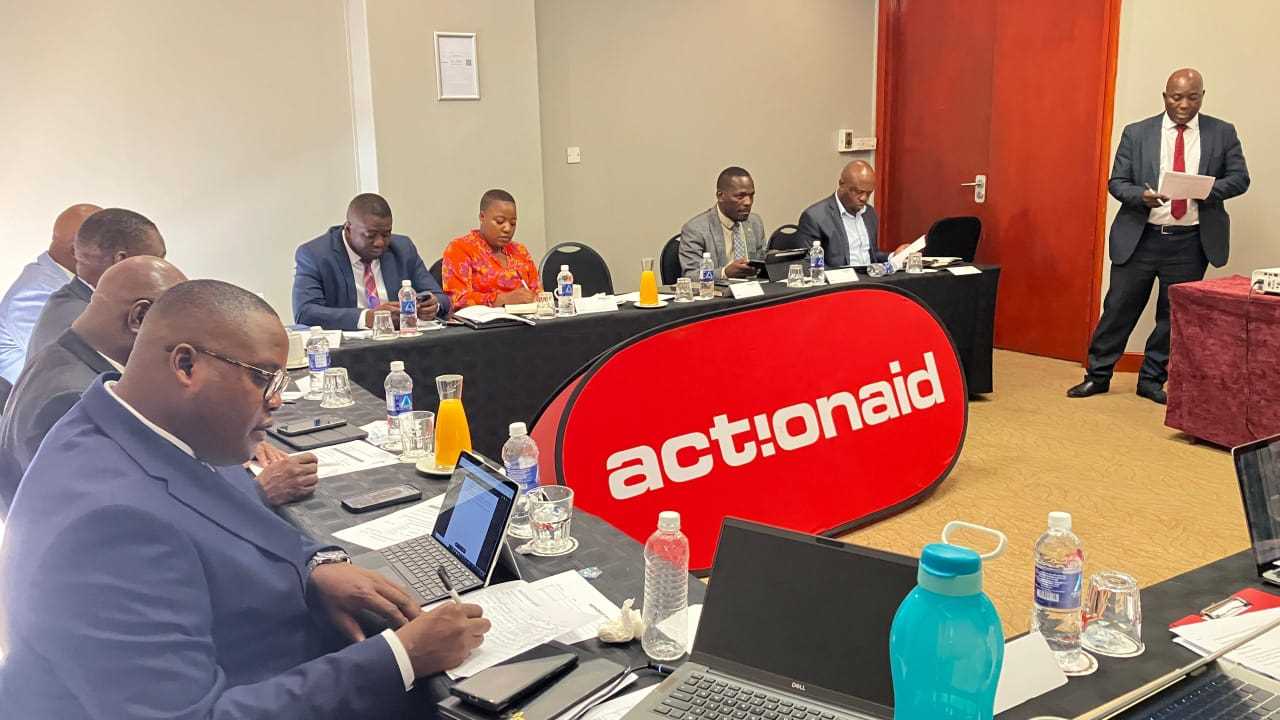
Audrey Galawu
The World Health Organisation and the World Bank estimate that one billion people experience some form of disability.
Of those, it is estimated that 93 to 150 million are children. Plan International states that these children are 10 times less likely to go to school than other children and when they do attend school, it is like to be in a segregated setting.
These figures are a reflection of the hurdles to education that are faced by learners with disabilities.
Lack of accessibility in terms of infrastructure and discrimination, which prevents people with disabilities from accessing quality education as others.
According to the Deaf Zimbabwe Trust, Zimbabwe has an acute shortage of resource units in secondary and over 80 percent of primary graduates are lost in transition to secondary school.
“As the year is coming to an end, DZT is reflecting on the fate of learners with disability when who should transition from primary school to secondary school.
“Statictics for 2019 show that a total 85 560 learners with disabilities were enrolled and of these, 73.2% in primary school and 18.1% in secondary school. Where are the ones that drop out at Grade 7, why are learners with disabilities not proceeding to secondary school.
“The ratifications for not proceeding to secondary school affects access to higher education, livelihoods and poverty become the reality of young people with disabilities.
“To ensure that learners with disabilities are not lost in transition. As the year comes to an end, DZT is starting a campaign secondary education for learners with disabilities a human right under the theme #moreresourceunits.
“This campaign seeks to call on parents to engage with their school authorities at the local level, district, provincial and national levels for more resource units be established in secondary schools.
“Schools are not baby-sitting places for learners with disabilities to grow and be dumped into the streets, but places where learners with disabilities have access to content. Quality education should be delivered at all levels in Zimbabwe for learners with disabilities," DZT noted.
Related Stories
The organisation has called upon the Ministry of Primary and Secondary Education to implement the progressive provisions in the Education Amendment Act of 2020.
Commenting on the issue, Ministry of Primary and Secondary Education Director of Communications and Advocacy, Taungana Ndoro said the MoPSE is actively implementing the National Disability Policy and is represented on the National Disability Board.
“As part of the strategy for promoting equitable, inclusive access to Education, the Ministry conducts Integrated Primary and Secondary Education Community Service Fairs through Outreach activities where other line Ministries, local leadership and partner organisations team up to provide as full a package of services as possible to ensure that all children of school going age access school.
“Disability responsive Resource Units are indeed part of the services provided to ensure that qualified teachers, appropriate teaching and learning adaptations, equipment and materials are availed for meaningful learning by pupils with disabilities,” he said.
“In this context organisations wishing to support government efforts are welcome to play their role in the mobilisation of resources to increase learning spaces, accelerate the adaptive modification of mainstream school environments towards disability friendliness as well as reducing walking distances to school.
“Some organisations have already supported this through the provision of sustainable affordable boarding facilities. Complementing the BEAM programme and contributing to the Home Grown School Feeding Programme and the additional supply of assistive devices,” Ndoro said.
He added that they hope that the DZT will continue to work as part of the whole of government, partners and society approach to eliminating silo programing under this NDSI Human capital development effort .
This way we will certainly succeed in leaving no place and noone behind.
Speaking to Zim Now, social activist Dadirai said there is much to bedone in term of inclusive education. She also noted that children with disabilities are bullied by able-bodied learners, which might make them lose interest in attending school.
“It’s true, children with disabilities must go to school just like other children and reach the highest level of education so that they can be able to work and support themselves just like able-bodied persons. I am against the idea that learners with disabilities cannot do certain things, why can’t they make everything user friendly to everyone.
“Most people with disabilities come from poor families and they are segregated within their own family setup. And also, it is important to note that schools for children with disabilities are very expensive.
“As a country, we are much behind in terms of inclusive education. Government should build affordable schools for children with disabilities,” she said.
The Constitution of Zimbabwe Section 22(2) and the Zimbabwe Disabled Persons Act (Chapter 1701) pronounce the rights and provisions for PWDs.



















Leave Comments